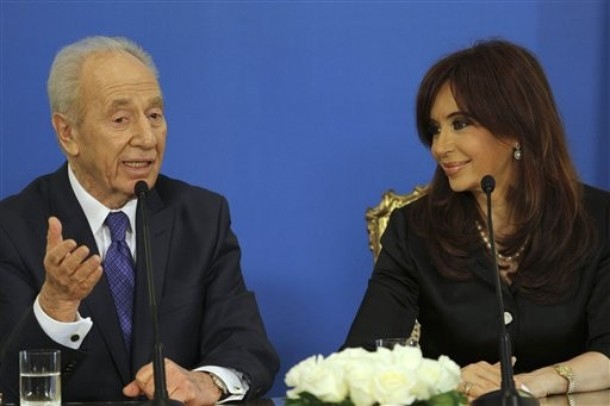The Future of Israel's Labor Party

By Thomas G. Mitchell
For forty years the Israel Labor Party (ILP) has been America’s partner in the peace process. From the Roger’s Plan negotiations during the War of Attrition in 1969-70, through the Kissinger shuttle diplomacy of 1973-75, to the Oslo peace process of the 1990s it has been Labor that has negotiated with its neighbors. Even when the Likud Party was in power and negotiating with Egypt from 1977-79 it was carried out by a former Labor defense minister and a future defector to the Labor Party.
From 1977 onwards the ILP was in "The Shadow of the Likud" - to quote the title of a book on the party from 1977-96. The only two elected Labor coalitions after 1977 were both headed by former generals. In fact, since Golda Meir resigned in 1974, Shimon Peres was the only “civilian” Labor prime minister and he had to share his term with Yitzhak Shamir of the Likud because Labor’s margin of victory was so narrow. This means that Labor should be compared to the only Western democratic parties that were also dependent on former generals (military politicians): the Whigs in antebellum America, the Republicans in post-Civil War America, and the South Africa Party/United Party in the Union of South Africa. The Whigs collapsed over a four year period after suffering a leadership vacuum and adverse public reaction to a failed compromise on the slavery issue. The United Party staggered on for three decades after running out of generals but collapsed rather quickly over a three-year period.



